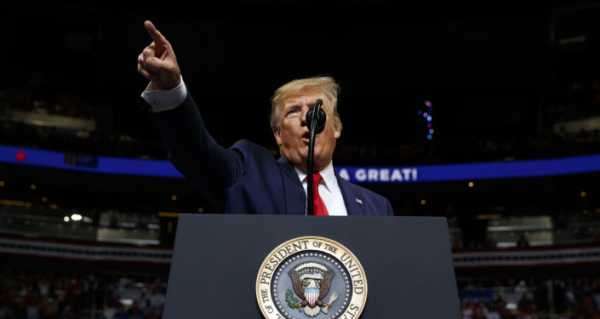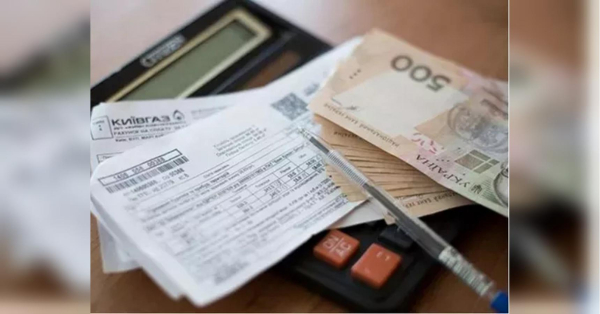
Despite the Electoral College voting in favour of Joe Biden earlier this week, Team Trump is unwilling to surrender. American observers have discussed why the Trump legal team is continuing its fight and whether the president and his allies have exhausted all the possibilities to reverse the outcome of the election.
Donald Trump’s allies have subjected Senate Majority Leader Mitch McConnell to criticism for turning a blind eye to suspected election fraud and congratulating Joe Biden on Tuesday.
“Mitch, 75,000,000 votes, a record for a sitting President (by a lot). Too soon to give up. Republican Party must finally learn to fight. People are angry!” tweeted President Trump, citing his loyalists.
On 15 December, McConnell recognised Biden and his running mate Kamala Harris as president-elect and vice president-elect, respectively, after the Electoral College voted in their favour. According to the Associated Press, the Senate majority leader privately warned Republican senators against disputing the Electoral College vote when both chambers convene to confirm the results in January 2021.
‘Legal Angle Was Tried and Failed’
Donald Trump did everything he legally could to challenge the election results, believes Sean D. Foreman, professor of political science at Florida-based Barry University, arguing that almost all lawsuits filed by the Trump campaign and its allies have been denied so far.
Nevertheless, the professor does not rule out that President Trump won’t admit defeat publicly and will “use the narrative that the election was stolen from him to help fuel another run for president in 2024”.
“There is a general sense of hope that America can turn the page on the last four years which were more divisive than usual and can recapture some of the traditional political norms”, Foreman insists, emphasising the necessity to tone the political rhetoric down and start “working again toward common goals”.
However, although Joe Biden has presented himself as a “collaborative politician” committed to the idea of “healing the nation”, his honeymoon period may not last the winter, the academic suggests.

Supporters of U.S. President Donald Trump participate in a “Stop the Steal” protest after the 2020 U.S. presidential election was called for Democratic candidate Joe Biden, in Lansing, Michigan, U.S. 14 November 2020.
Alleged Fraud Should be Examined for the Sake of Election Integrity
The healing idea looks good on paper, but America simply can’t accept the results based on the “obvious voter fraud”, according to National Security Public Safety Executive Derek Maltz.
Maltz lashes out at many of the key Republicans for running and hiding “in their bunkers” to avoid political controversy: “They placed their personal goals ahead of America and failed the people”, he believes.
At the same time, the security executive hails Trump’s “passion and enthusiasm for America”, stressing that President Trump needs to continue to challenge the outcome of the 2020 presidential race given “the massive fraud and corruption exposed during the election”. He cites a string of strange patterns which emerged during the election, including swing states abruptly halting vote counting when Trump outperformed his Democratic rival, controversy surrounding voting machines performance, and Republican poll watchers being prevented from doing their job at several voting locations.
All allegations of voter fraud must be investigated and exposed, according to Maltz, who warns that otherwise the country’s election integrity could be compromised.
Maltz notes in particular that the US needs to, first, eliminate the mass use of mail-in ballots in all future elections, second, ensure there is proper oversight in the voting process, and ensure uniformity in all states on the deadlines.
The Texas lawsuit, dismissed by the US Supreme Court on 11 December, specifically argued that four battleground states, Georgia, Pennsylvania, Michigan, and Wisconsin, made last-minute changes to their election rules in violation of the Elections Clause. However, the court responded that Texas did not have legal standing to challenge other states’ election rules.
On 16 December, Trump legal adviser Jenna Ellis addressed Trump voters, saying that the legal fight “is not over”. Earlier, GOP electors in Pennsylvania, Georgia, Michigan, Wisconsin, Arizona, Nevada, and New Mexico cast alternate votes for President Trump. Arguing that this vote is more than merely symbolic, The Epoch Times refers to Democrats casting an alternative set of votes for John F. Kennedy in Hawaii in 1960.
Meanwhile, a number of Republican senators signalled that they are going to challenge the Electoral College vote during the joint session next month. Rep. Mo Brooks (R-Ala.), Representative-elect Taylor Greene, Sen. Rand Paul (R-Ky.), and Rep.-elect Barry Moore (R-Ala.) are said to have joined the initiative. Should a House representative and a senator object to the results of the Electoral College vote in January, this will trigger a series of complex votes and debates in the chambers of Congress.
Sourse: sputniknews.com






